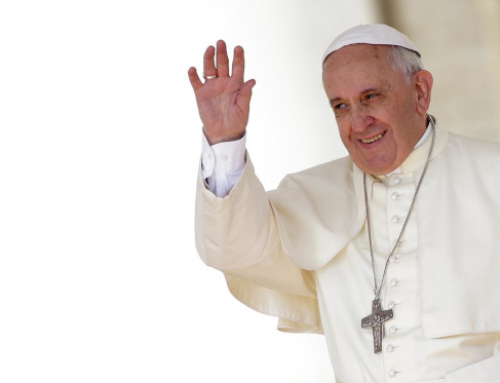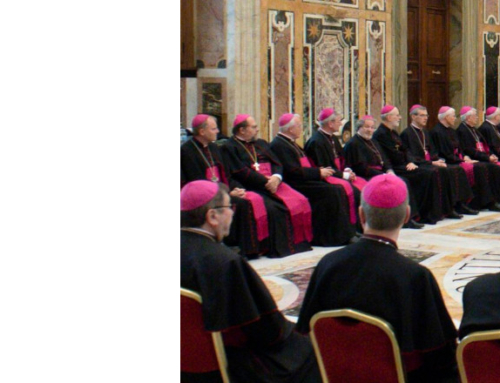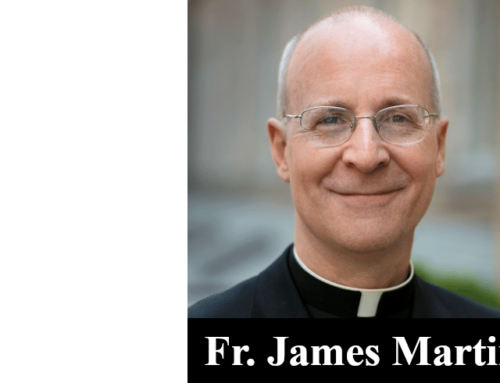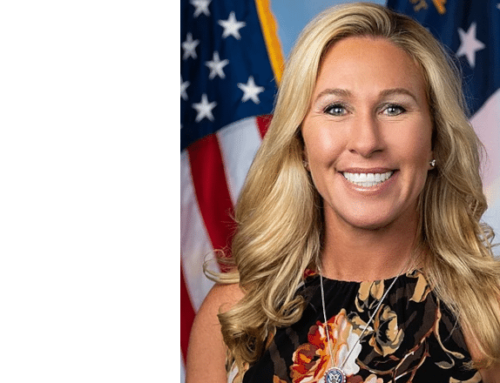
The O’Connor family has owned Memories Pizza in Walkerton, Indiana for nine years, and it says it will not provide pizzas for a gay wedding. “We’re not discriminating against anyone,” explains Crystal O’Connor, “that’s just our belief and anyone has the right to believe in anything.”
Ms. O’Connor would have no ground to stand on, either morally or legally, were she to say that her store will not serve gays. But she has not said that. In fact, she has explicitly said she would never refuse gays. What she has said is that if her family were to service a gay wedding, it would have to violate its sincerely held religious convictions.
The O’Connor case brings into stark relief the difference between discriminating against a person and servicing an event. The difference is even more acute when the event carries religious significance.
Should a Jewish baker be forced to put a swastika on a birthday cake? Should an African American baker be forced to put the “N-word” on a cake? Should a gay baker be forced to put “Gays Are Sick” on a cake? If not, why should a pizza owner, who has a religious objection to gay marriage, be forced to service a gay wedding?
The root of this problem is almost always overlooked, either out of ignorance or volition. To wit: It is a monumental mistake to associate sexual orientation with race, ethnicity, nationality, sex, or religion. The latter characteristics tell us nothing about behavior. The same is not true of sexual orientation—unlike the other categories it has a teleology. To be specific, sexual orientation is meaningless without referencing the object of the orientation, which is sexuality. This is not a value-neutral characteristic. Indeed, every society in history has, rightly, made value judgments about sexuality, typically on the basis of its religious precepts.
Gay activists and their elite supporters need to practice more tolerance for the diversity that people of faith have to offer. They also need to reread the First Amendment.







